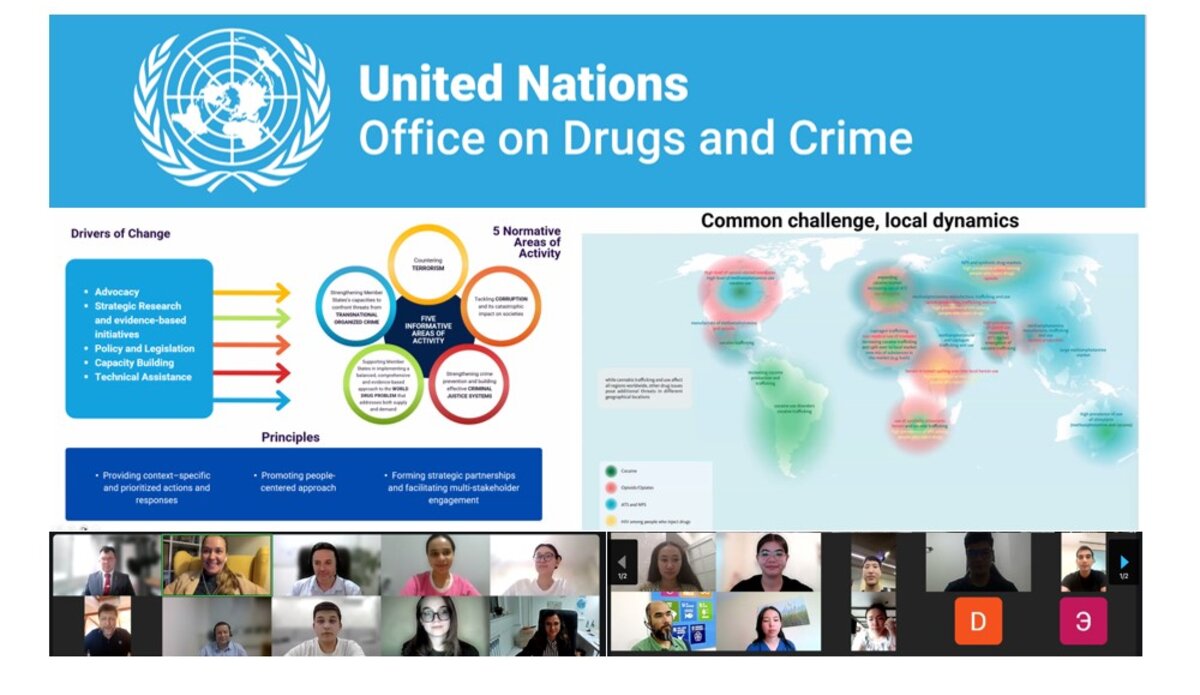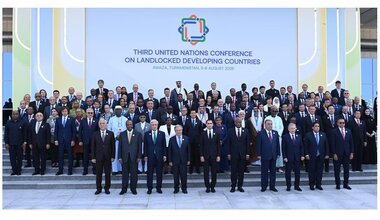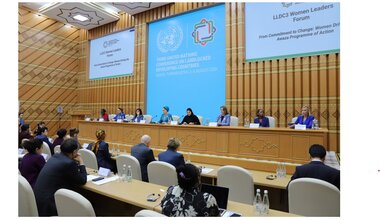UNRCCA PREVENTIVE DIPLOMACY ACADEMY AND UNODC COLLABORATE TO EMPOWER YOUTH IN DRUG PREVENTION IN CENTRAL ASIA
ASHGABAT, Turkmenistan
On 28 June 2025, UNRCCA, in collaboration with the United Nations Office on Drugs and Crime (UNODC), convened an interactive online session for 44 young participants from Central Asia and Afghanistan. The event, held under the auspices of the UNRCCA Preventive Diplomacy Academy, highlighted the crucial role of youth as agents of change in combating drug use and trafficking.
Through the application of evidence-based strategies and strengthened regional cooperation, UNRCCA and UNODC are working to equip youth with the knowledge, skills, and confidence to promote healthier lifestyles and build community resilience to the threats posed by drug abuse.
Aligned with the principles of preventive diplomacy, the session featured interactive discussions and polls that served as a platform to enhance young people’s psychosocial and decision-making capacities. Participants explored the drivers of substance use, challenged common myths about drug use, and reflected on the importance of healthy coping mechanisms. The initiative aimed not only to inform but also to empower youth to resist peer pressure and become agents of prevention in their communities.
Key speakers included Ms. Salome Flores, Head of the UNODC Information Centre, and Mr. Milos Stojanovic, UNODC Regional Health Advisor. Both emphasized the significance of international standards in drug use prevention and the central role of youth and community engagement in advancing sustainable responses to the drug challenge.
“Through our partnership with UNRCCA’s Preventive Diplomacy Academy, we are empowering youth to drive change and build a healthier, safer Central Asia,” said Mr. Stojanovic. “By combining evidence-based prevention with preventive diplomacy, we are creating sustainable solutions to the drug problem.”
Reaffirming their shared commitment to preventive diplomacy, UNRCCA and UNODC continue to advocate for integrated, science-based responses to emerging drug threats, including enhanced control of psychoactive substances and strengthened community-based prevention frameworks.
 UN
UN





